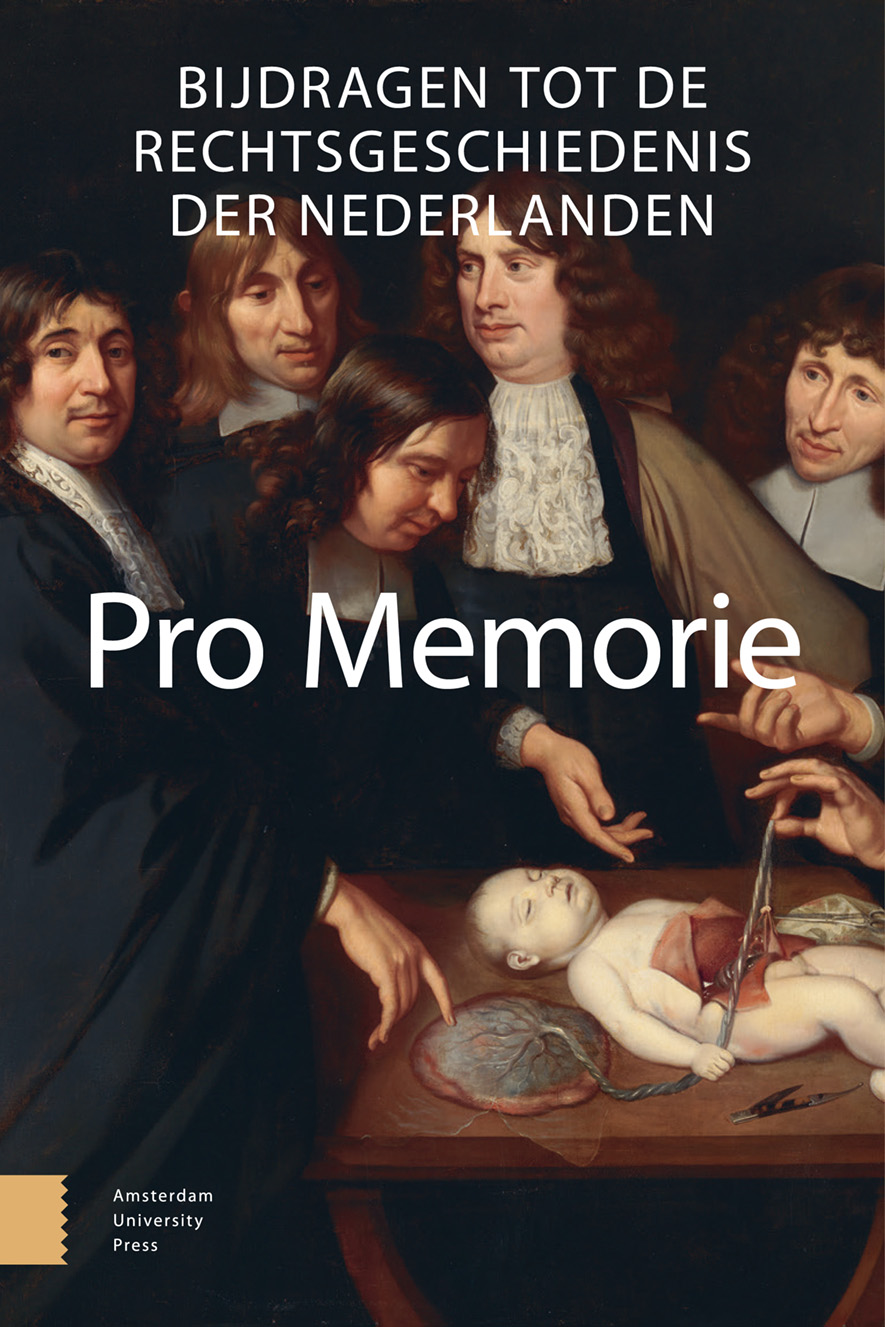-
oa ‘’s Graeflijckheyts spaer-pot met sulck ellendigh in-komen … te verrijcken’
Het middeleeuwse strandrecht in Holland en Zeeland en de Hollandse strandrechtpraktijk tussen 1340 en 1400
- Amsterdam University Press
- Source: Pro Memorie, Volume 23, Issue 2, Dec 2021, p. 237 - 265
- Previous Article
- Table of Contents
- Next Article
Abstract
In the Middle Ages, goods washed up on the beach or fished up from the sea were an important economic asset. The customs and rules that determined the status of these goods are referred to as the ‘law of wreck’ or ‘right of wreck’. Several competing interest groups were involved: the local inhabitants as salvagers, finders or beach combers; merchants, skippers and ship-owners; landowners and the prince. Seventeenth century Dutch lawyers like Hugo Grotius and Johan van Heemskerk painted a favourable picture of the law of wreck in the Dutch Republic by pointing to the greed of the medieval counts of Holland who would only have exploited the misery of castaways. This article shows how the law of wreck developed in Holland and Zeeland in the late Middle Ages and how its rules were applied in the stewardship of North Holland between 1340 and 1400. Although the preserved accounts of the stewardship show that the count did take advantage of washed up goods, the count also had drowned people found on the beach buried and allowed merchants who could prove their goods had washed up on the Dutch beach to recover them.


